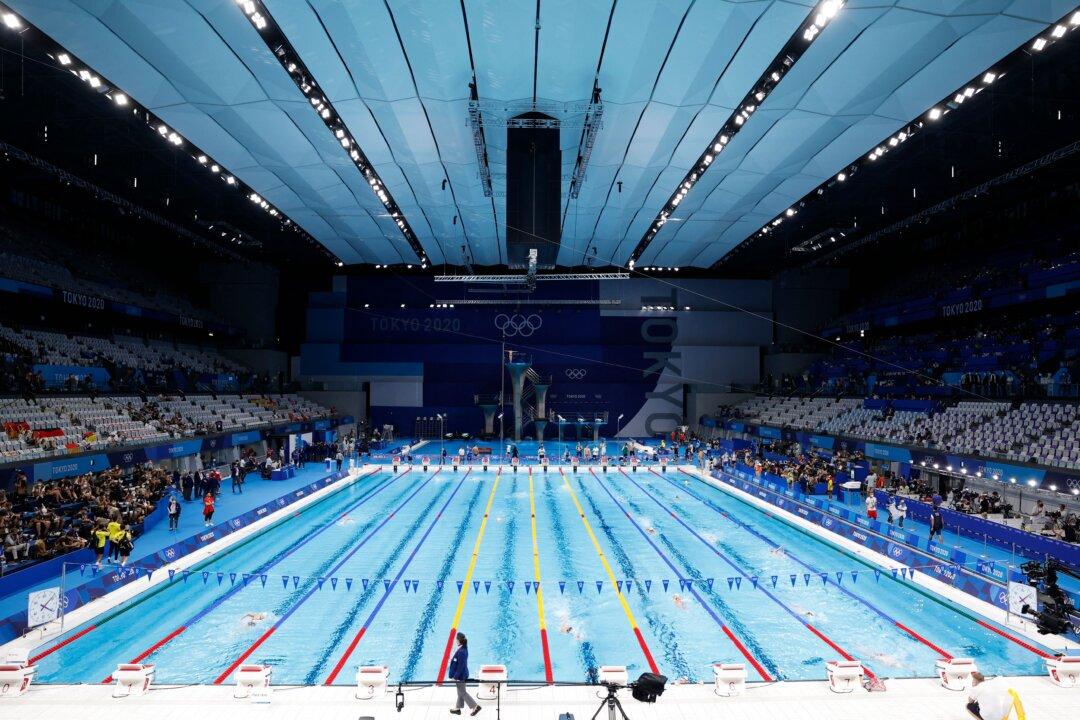The U.S. government has withheld its 2024 due funding for the World Anti-Doping Agency (WADA), the global doping watchdog confirmed on Jan. 9, after months of tensions over the agency’s handling of a 2021 doping scandal involving nearly two dozen Chinese athletes.
WADA’s budget revenue is split between contributions from the International Olympic Committee (IOC) and governments worldwide, with the United States being the largest country donor. In 2023, Washington provided $3.4 million, which is double the $1.7 million from Canada, the home country of WADA and the second-largest contributor among more than 180 nations.




